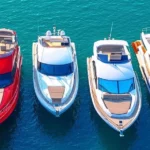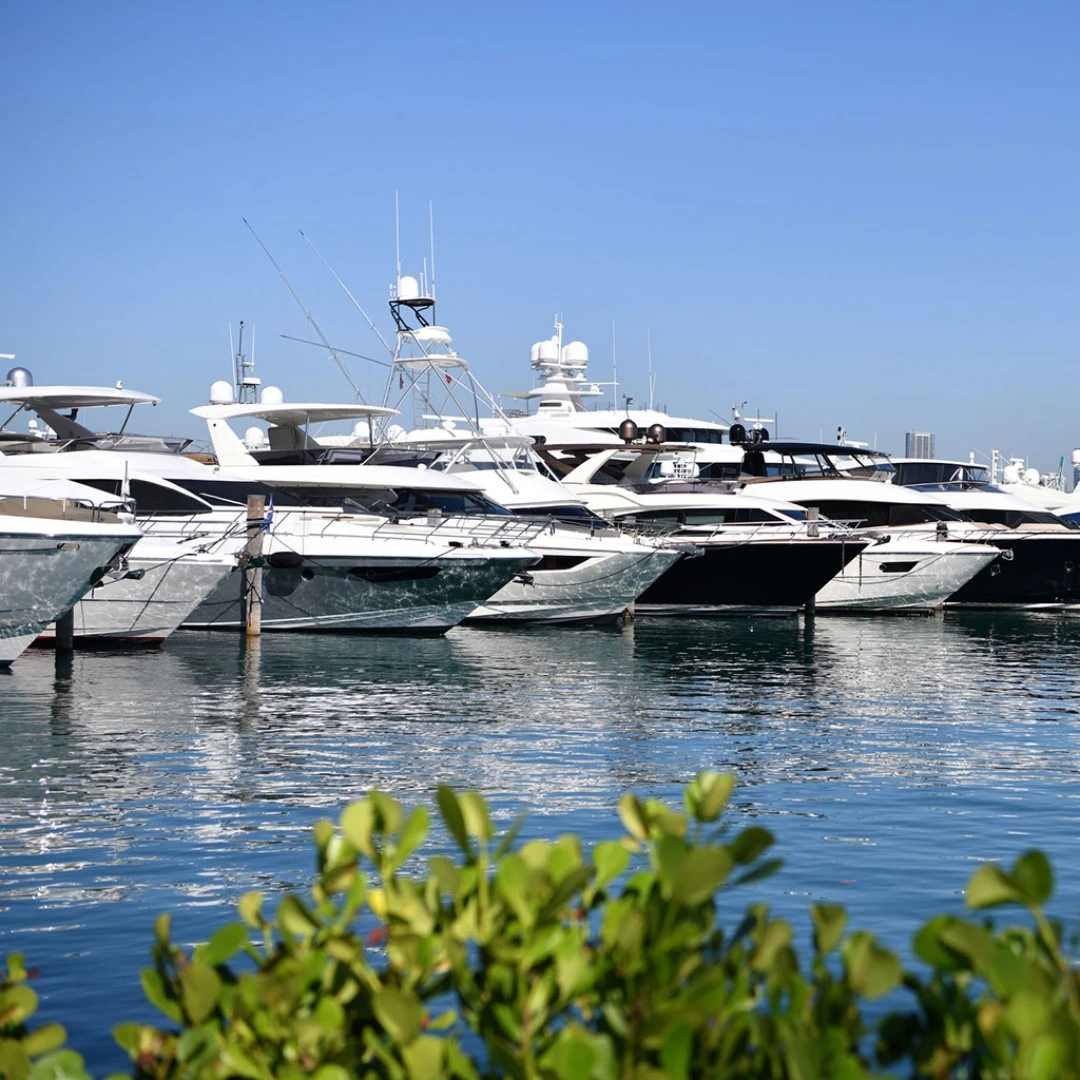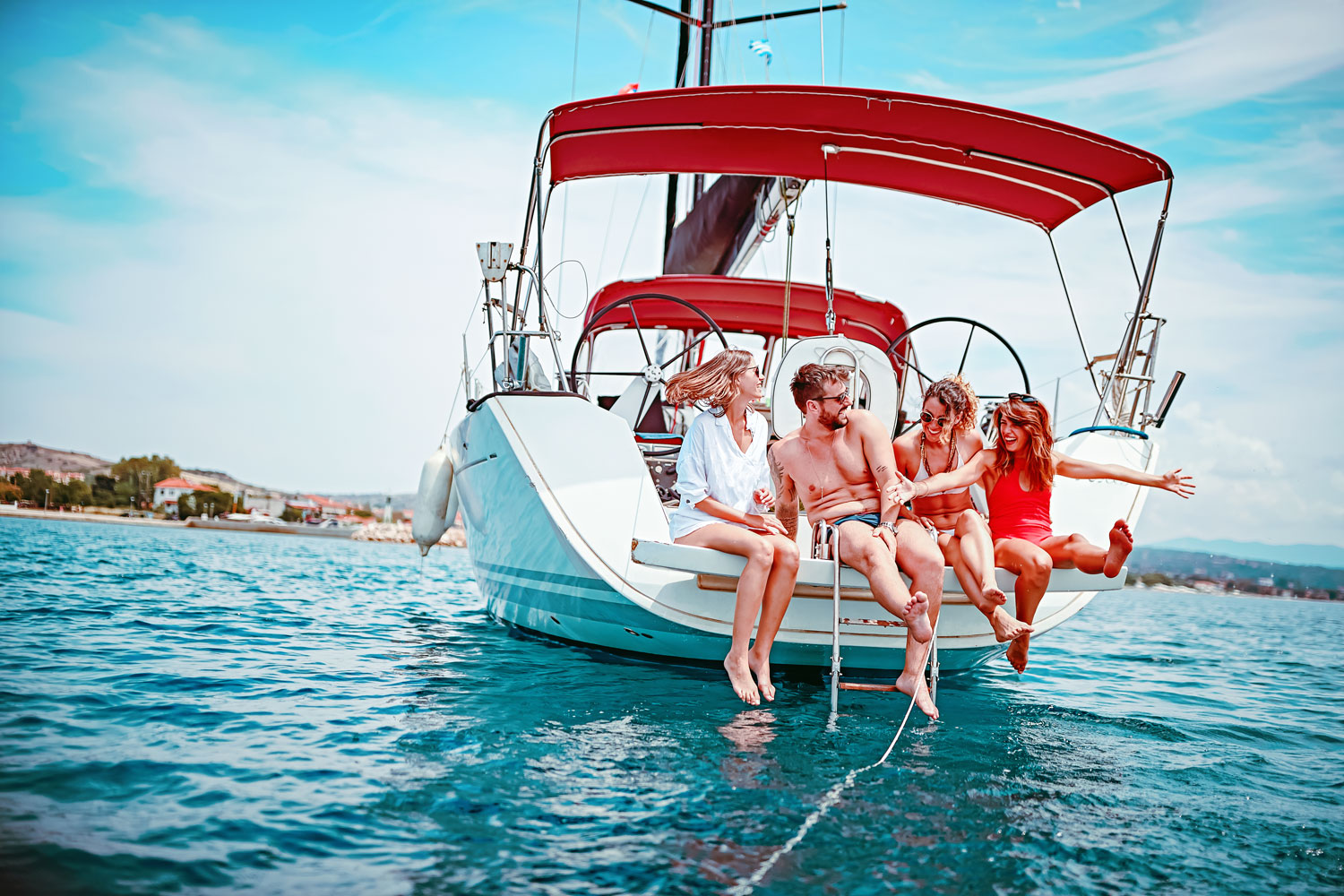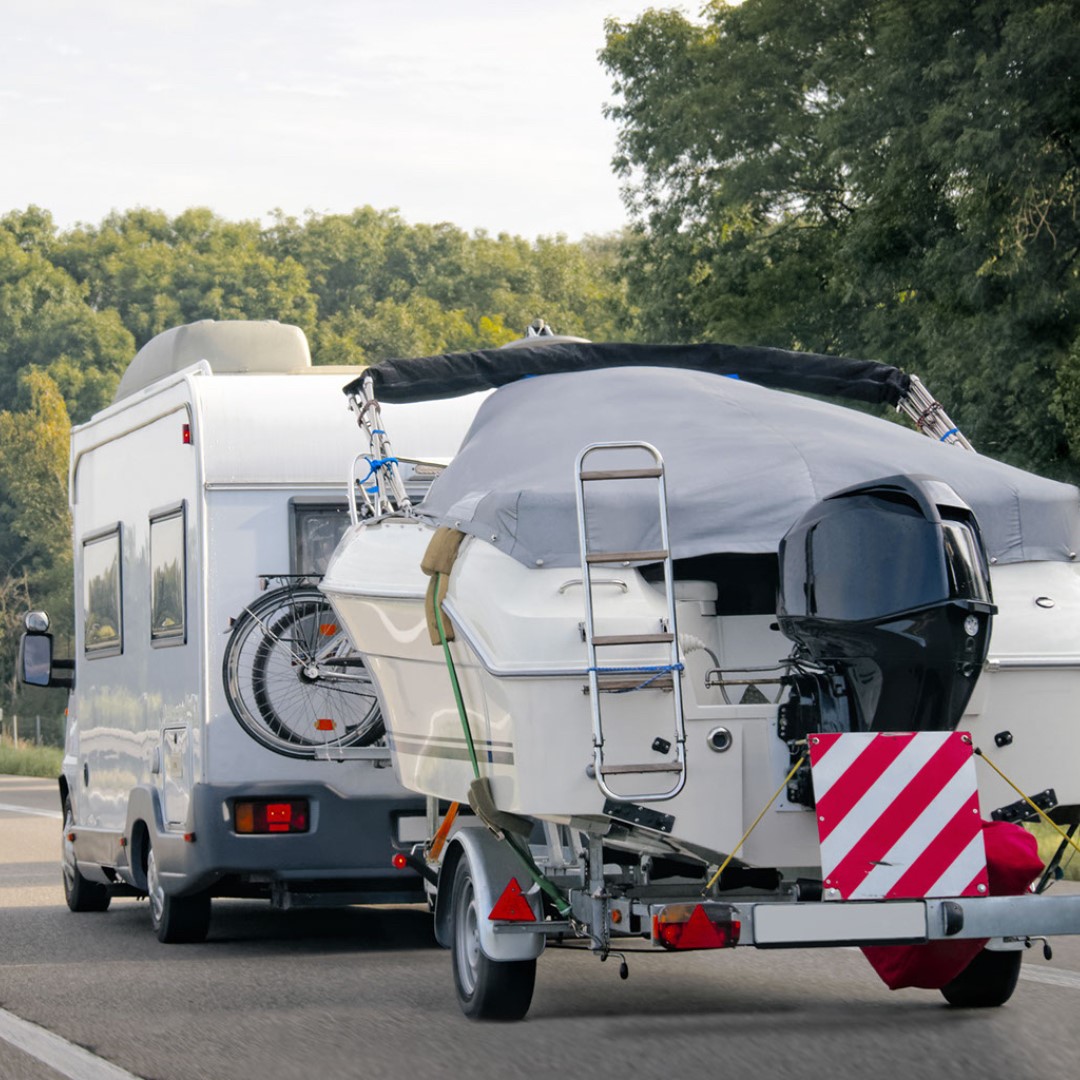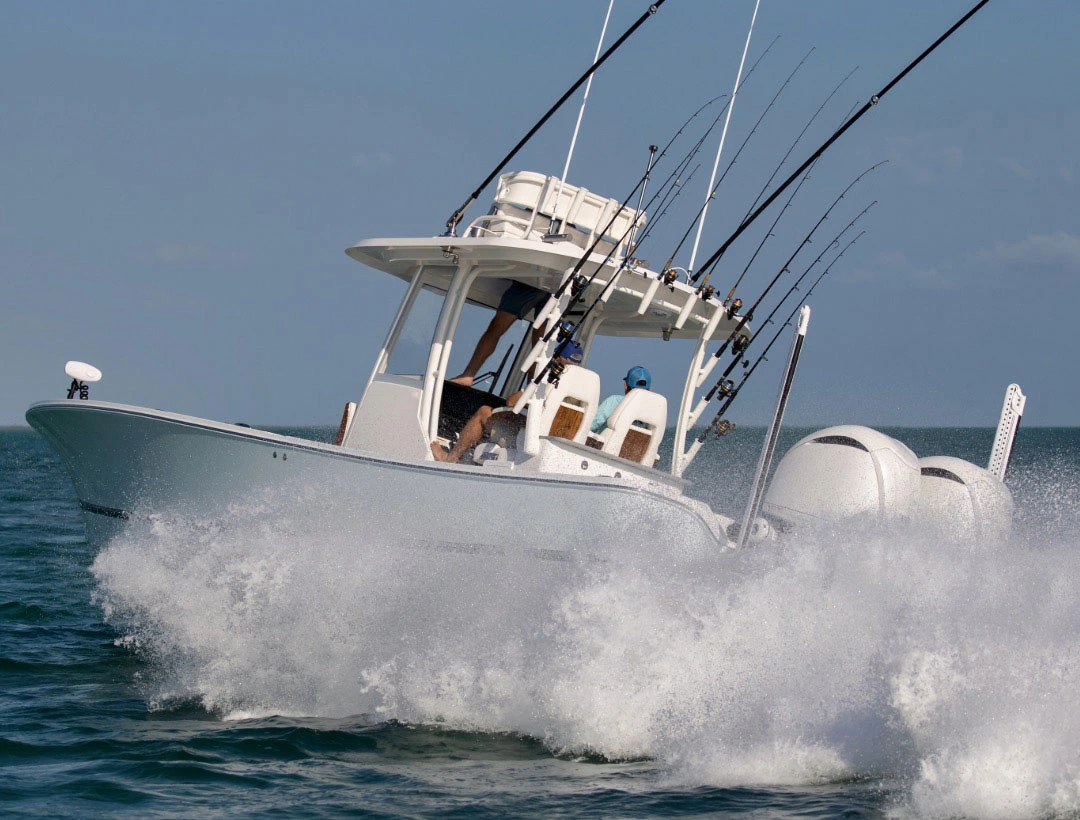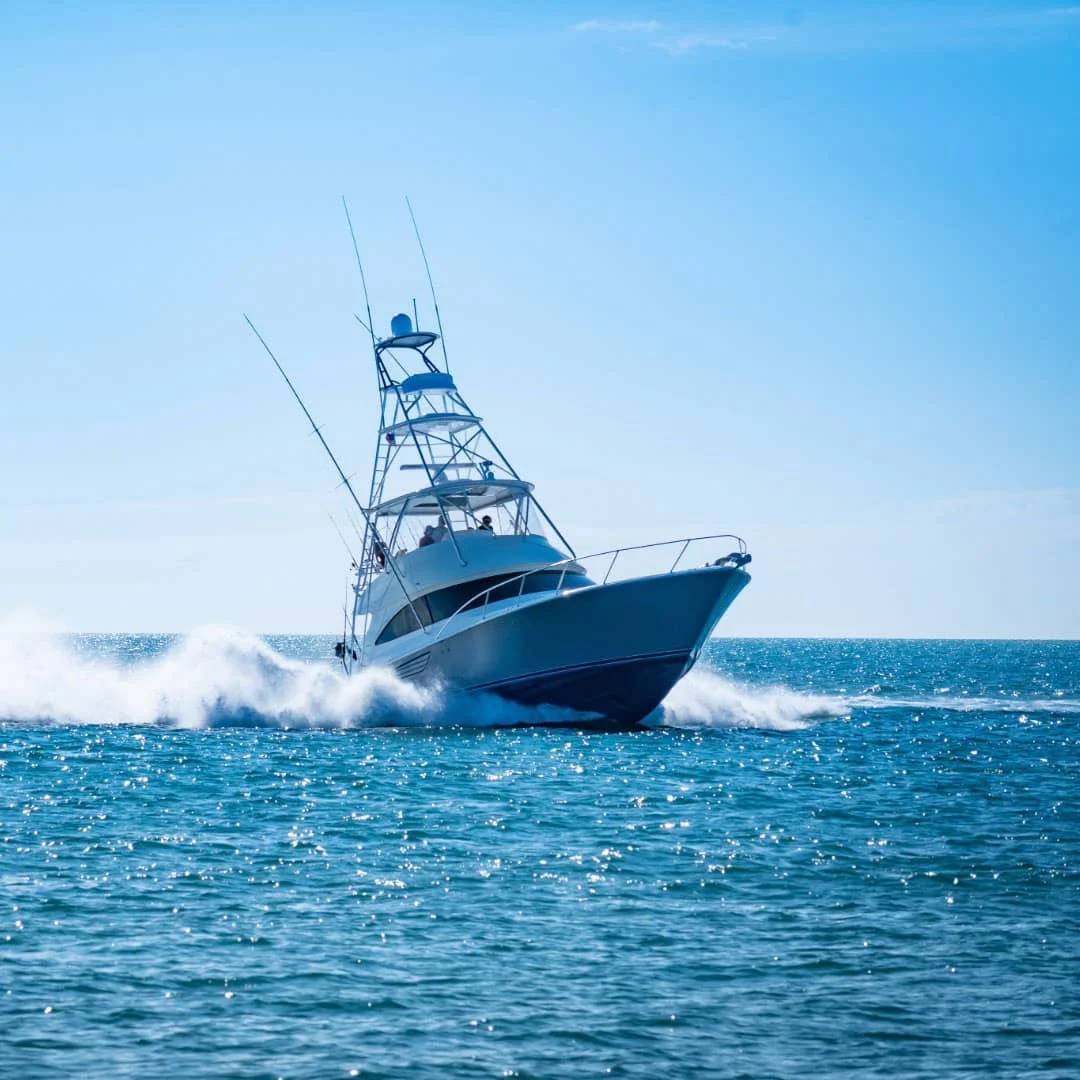In the aftermath of Hurricane Milton, when the winds have finally died down and authorities are giving the green light to travel, it’s time to act quickly. Your boat, whether still afloat or damaged, is your responsibility. Getting to it promptly can make all the difference in preventing further damage or theft. Here’s what you need to know to ensure your boat’s safety and your peace of mind.
Navigating Hurricane Season: A Guide For Safe Boating
1. Get to Your Boat Quickly
Once it’s safe to travel, head to your boat. Marinas can be hazardous after a storm—watch for leaking fuel, downed electrical lines, and loose debris. Be sure to leave children and pets at home. Marina staff may ask for proof of ownership, so have it handy.
Bring along essentials like duct tape, tools, extra lines, and cleaning supplies. You’ll also want a camera or phone to document any damage for insurance purposes. Don’t forget safety gear like gloves and boots.

2. Safety First, Cleanup Second
Before you start cleaning, ensure the area is safe. Check for hazards such as broken docks or wildlife seeking higher ground. Once clear, begin removing debris and drying out any wet areas to prevent corrosion.
Even if your boat looks fine, inspect it carefully. Look for leaks, broken hatches, or signs of water in the bilge. Make sure the bilge pump is working and that the fuel systems are intact.
3. Contact Your Insurance Company
If your boat has been damaged, sunk, or needs to be salvaged, contact your insurance company immediately. They’ll guide you through the process and advise you on what to do next. Don’t try to salvage it yourself without speaking to them first—your insurance will often provide a professional crew to handle the job safely.

4. Protect Your Boat from Theft
Boats stranded on land after a storm can sometimes become targets for looters. Take steps to secure your boat or hire temporary security if necessary. In many cases, your insurance policy will cover these costs. After storms like Hurricane Andrew and Wilma, looters often struck before owners could return, so act fast to protect your boat.
5. Begin Restoration
Once your boat is safe and salvage is complete, start cleaning and restoring it. Flush the boat with freshwater, remove any wet cushions or items to prevent mold, and take steps to preserve the engine. Your insurance policy should cover reasonable costs for this, so get started as soon as possible.
After a storm like Hurricane Milton, acting quickly can save your boat from further damage or theft. Stay safe, work closely with your insurance company, and you’ll be back on the water in no time.
Guide To Safe Boating In Stormy Gulf Waters
More for you to read:
Boat Smarter! – Financing & Insurance For New & Used Boats
Boat Maintenance 101: Essential Tips For Keeping Your Vessel Shipshape

